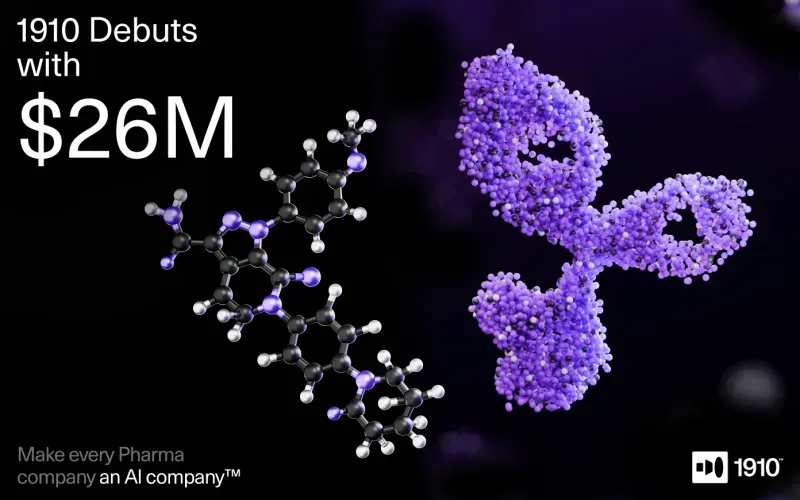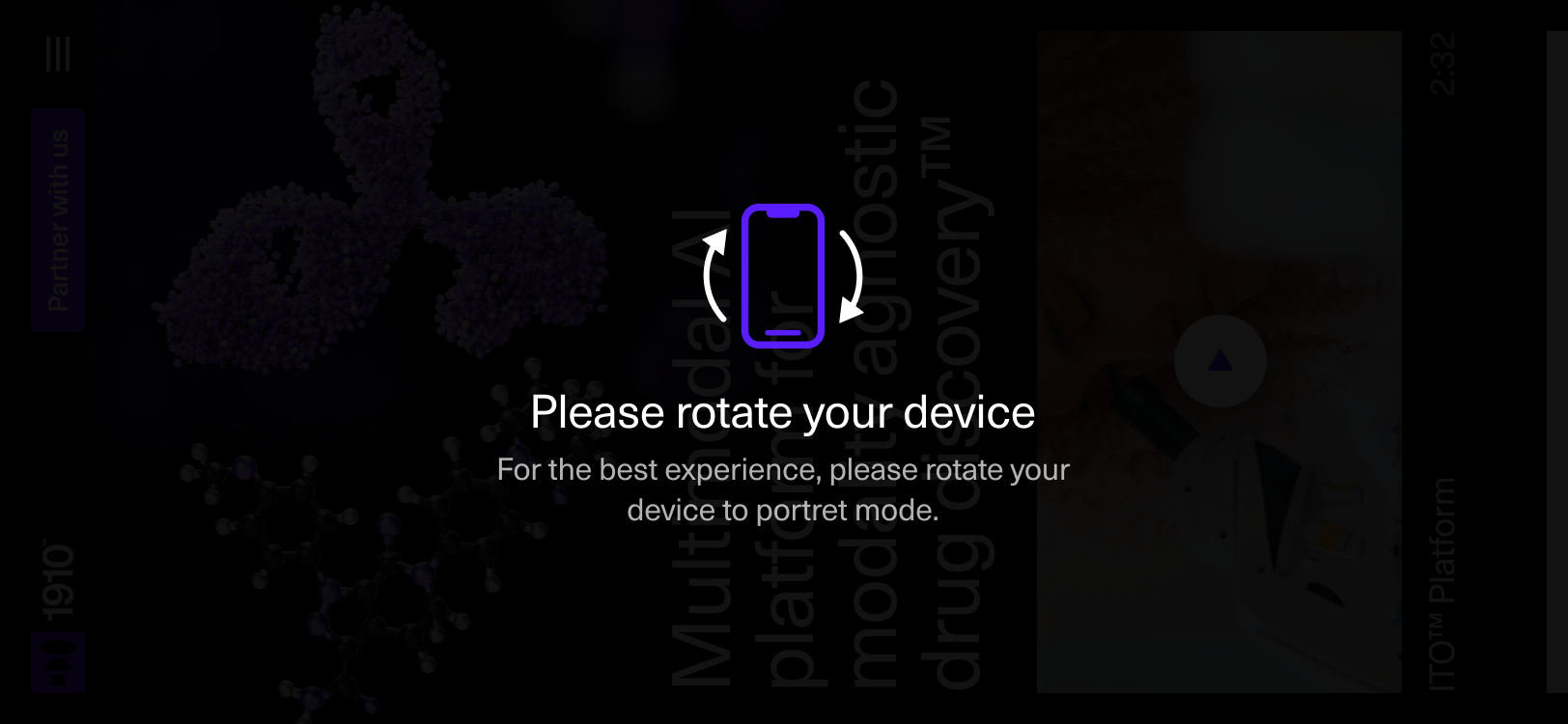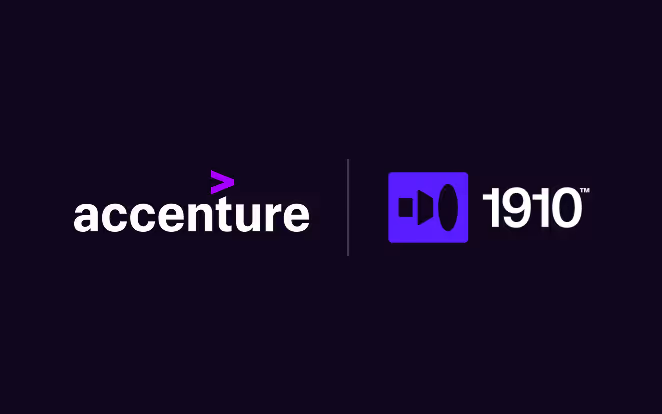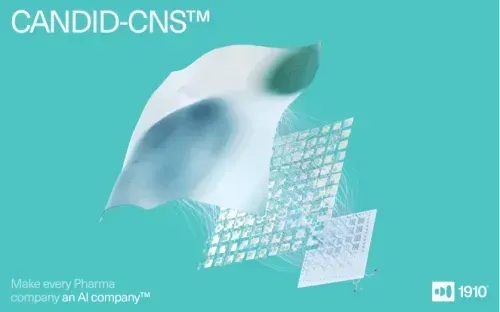1910 Debuts with $26M to Accelerate the Design of Small Molecule and Protein Therapeutics Through AI, Computation and Biological Automation
4 min read
March 23, 2021
Press Release
External Writer

Backed by M12 - Microsoft's Venture Fund and Playground Global, 1910 will scale its AI and biological automation platforms, build its world-class team, expand partnerships with biopharma companies and advance its pipeline of therapeutic programs
CAMBRIDGE, Mass. – March 23, 2021 – 1910, a biotechnology company integrating artificial intelligence (AI), computation and biological automation to improve drug development, launches today after closing its $22M Series A funding round. The company’s core mission is to decrease the timeline and cost of drug development, while improving the success rate of getting medicines to patients. 1910 has two drug discovery engines that enable the design of both small molecule and protein therapeutics, an unmatched capability in the AI drug discovery space. The Series A financing is co-led by M12 - Microsoft’s Venture Fund and Playground Global.
This new round of financing follows 1910’s previously unannounced $4.1M Seed round, which was led by Sam Altman, CEO of OpenAI and former President of Y Combinator, with participation from FoundersX Ventures, Y Combinator, Scientia Ventures, Emles Advisors, Tuck Lye Koh of Shunwei Capital, and other notable investors.
1910’s end-to-end technology powers the early drug discovery process, from novel hit discovery to hit to lead and lead optimization. With a powerful combination of biology expertise, a focus on targets with real disease validation and a fully integrated process that includes in-house automated wet labs, 1910 is solving the time, cost and productivity challenges impeding the current pharmaceutical R&D model. The breadth of 1910’s integrated AI and biological automation platforms empowers the company to be therapeutic area-agnostic with applications in a wide range of diseases with significant unmet medical needs.
Typically, drugs have been discovered via a sequential trial-and-error process, rather than being designed by a repeatable framework that learns from data, pursues multiple paths simultaneously and, ultimately, increases the number of drugs that achieve FDA approval. I wanted to create a biopharmaceutical company that was built from the ground up with AI, computation and biological automation rather than adding technology as a cherry on top of an archaic process. As a biologist by training, I believe that computational technologies are only impactful in drug discovery when driven by biology. This is our North Star at 1910.
Jen Asher, PhD
Founder and CEO of 1910
In keeping with its mission, 1910’s name pays homage to the year in which Sickle Cell Disease (SCD) was first discovered in the U.S. by James B. Herrick. For each drug design campaign, the 1910 team begins by understanding the molecular basis of the disease to the granularity at which the world understands SCD. This understanding drives the company’s drug discovery engines, ELVIS™ for small molecules and ROSALYND™ for proteins, to rapidly design therapeutics by integrating AI, big data, cloud computing, computational chemistry, quantum simulation and biological automation.
Having proven its technology against difficult targets in neuroscience, 1910 identified the COVID-19 pandemic as another opportunity to demonstrate the full capability of its drug discovery engine to accelerate small molecule drug design. 1910 successfully deployed two of its platforms to design small molecule candidates that block SARS-CoV-2 entry into host cells. SUEDE™ screened a virtual library of one billion small molecules in a few hours and identified promising hit candidates, while BAGEL™ generated de novo small molecule drug candidates. After rapidly manufacturing both sets of molecules, 1910 tested them in-house using its automated wet lab platform, which validated the potency of two novel candidates in blocking SARS-CoV-2 entry into mammalian cells. Dr. Nwankwo was invited by the NIH to present this rapid AI-driven drug discovery effort during the first-ever NIH SARS-CoV-2 Virtual Summit alongside prominent leaders like Dr. Anthony Fauci in November 2020. For more about these findings, please visit the Summit website and view the recording.
In connection with the company’s Series A financing, Samir Kumar, Managing Director at M12, and Jory Bell, General Partner at Playground Global, will be joining 1910’s Board of Directors.
The growing number of AI and biotech companies in the market today demonstrates the promise of AI to advance the healthcare industry. After evaluating several companies in the space, we’re betting on 1910 to bring AI-designed drugs to market. 1910’s biology-first approach, combined with AI and computation, is the key to making significantly more progress toward that goal.
Mr. Kumar
At Playground, we believe that life science is still waiting for its industrial revolution. While the semiconductor industry is known for its exponential pace of advancement, drug discovery in the biopharma sector has become slower and more expensive over time. 1910 has developed a comprehensive suite of interlocking AI platforms — combined with a high throughput automated wet lab — meant to break this bottleneck and bring life-saving medicines to market faster, cheaper and more reliably.
Mr. Bell
1910’s AI Platforms
1910 is unique in its capability to apply AI to the design of both small molecule and protein therapeutics. ELVIS™ is 1910’s small molecule drug discovery engine, which consists of three AI platforms and one biological assay platform. Beginning with the novel hit discovery stage, the company deploys SUEDE™, its gigascale virtual screening platform, which virtually screens 14 billion molecules in less than six hours to identify promising hit compounds. This rapid timeline and lower cost are in sharp contrast to the traditional pharmaceutical process which takes six months to complete an expensive, physical, high throughput screening (HTS) that delivers hit compounds with less than a 0.01% success rate. In the hit to lead phase, 1910 deploys BAGEL™, its generative chemistry platform that rapidly generates de novo lead compounds using a hit compound as a template. Importantly, BAGEL™ is able to cut the traditional hit to lead process from up to 24 months to two months.
1910 also believes that while potency is important, a drug candidate needs to balance potency with several physical properties that ultimately determine the ideal absorption, distribution, metabolism, excretion and toxicity (ADMET) profile for a drug. As such, right from the beginning of novel hit discovery, and especially in the lead optimization phase, the company deploys CANDID™, its physical property prediction platform for multi-parameter optimization. These three AI platforms are integrated via cloud computing with 1910’s in-house biological automation wet lab platform, which conducts in vitro biochemical and cell-based assays on the drug candidates and returns the wet lab data in a feedback loop to the AI platforms, while building a differentiated and proprietary data set. For protein design, 1910 is developing ROSALYND™, its AI-driven discovery engine, which aspires to provide a faster, more affordable and more accurate alternative to X-ray crystallography for the purpose of 3D protein structure refinement, prediction and de novo protein therapeutics design.
About 1910
1910 integrates AI, computation and biological automation to accelerate the design of small molecule and protein therapeutics. The company blends AI-driven drug design with biological wet lab automation to increase productivity and decrease failure rates across the pharmaceutical R&D process. Using its multi-platform drug discovery engines - ELVIS™ and ROSALYND™- 1910 can generate more novel drug candidates, shorten the timeline, cut operational costs and increase the probability of success compared to traditional pharmaceutical methods. 1910’s therapeutic area-agnostic, end-to-end technology powers the full length of early drug discovery - from novel hit discovery to hit to lead, and lead optimization. 1910 is currently applying its technology to drug discovery programs in several areas including, but not limited to, neuroscience, infectious disease, immunology and oncology. The company was founded in 2018 and is headquartered in Cambridge, Massachusetts. To learn more about 1910, visit 1910.ai.
Contact
Amanda Guisbond
media@1910.ai







